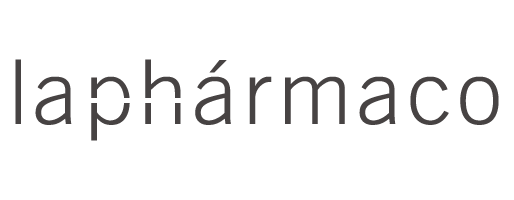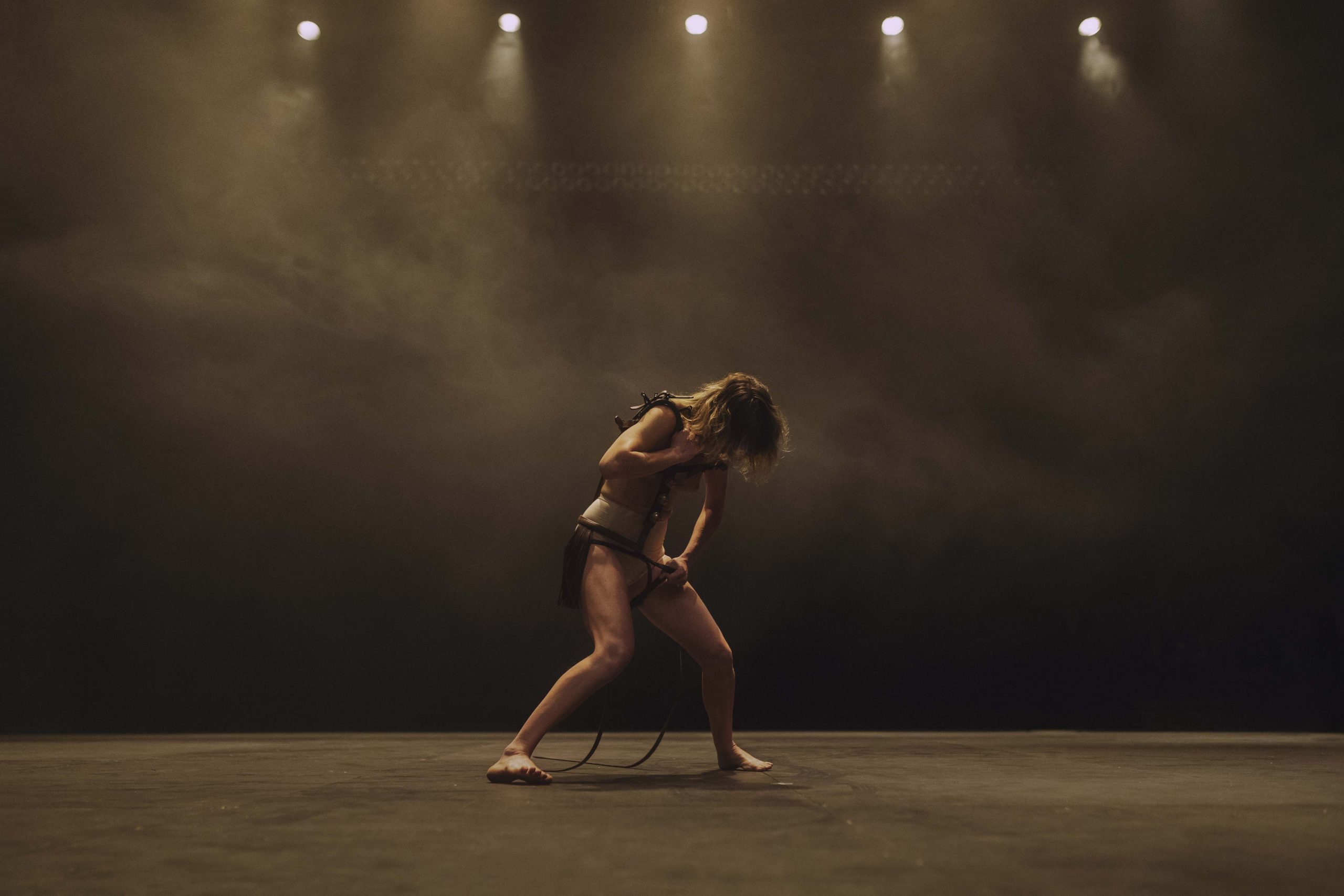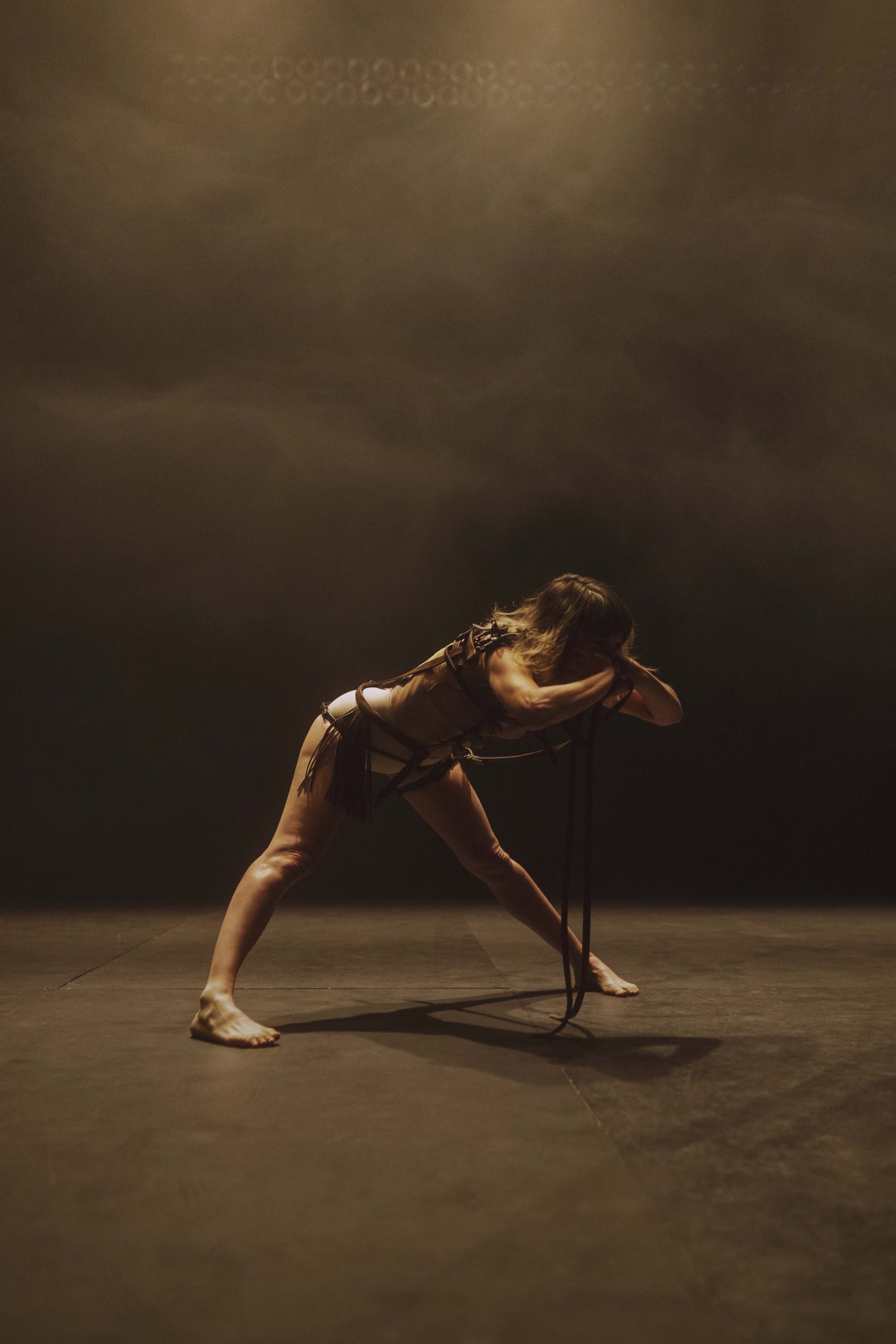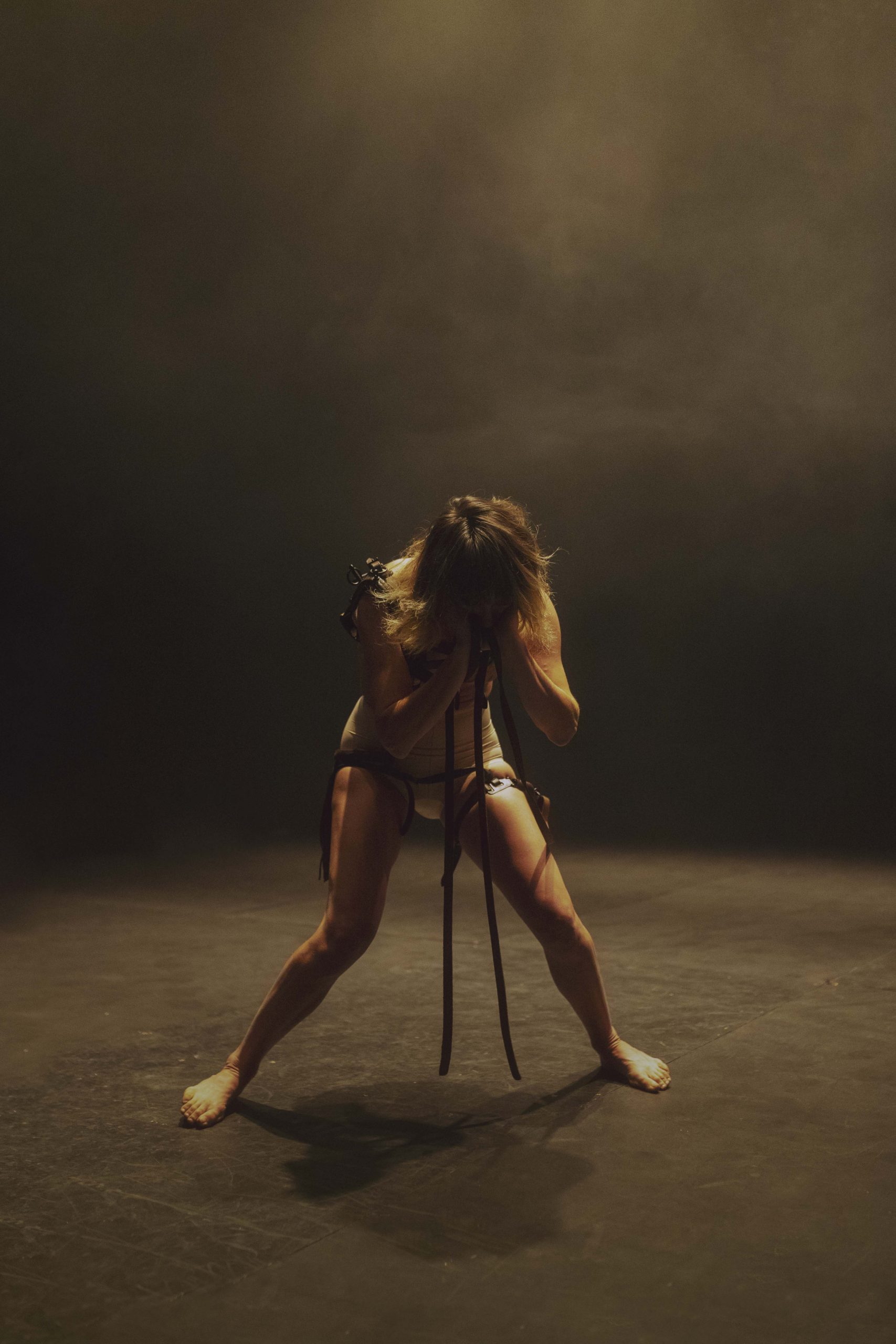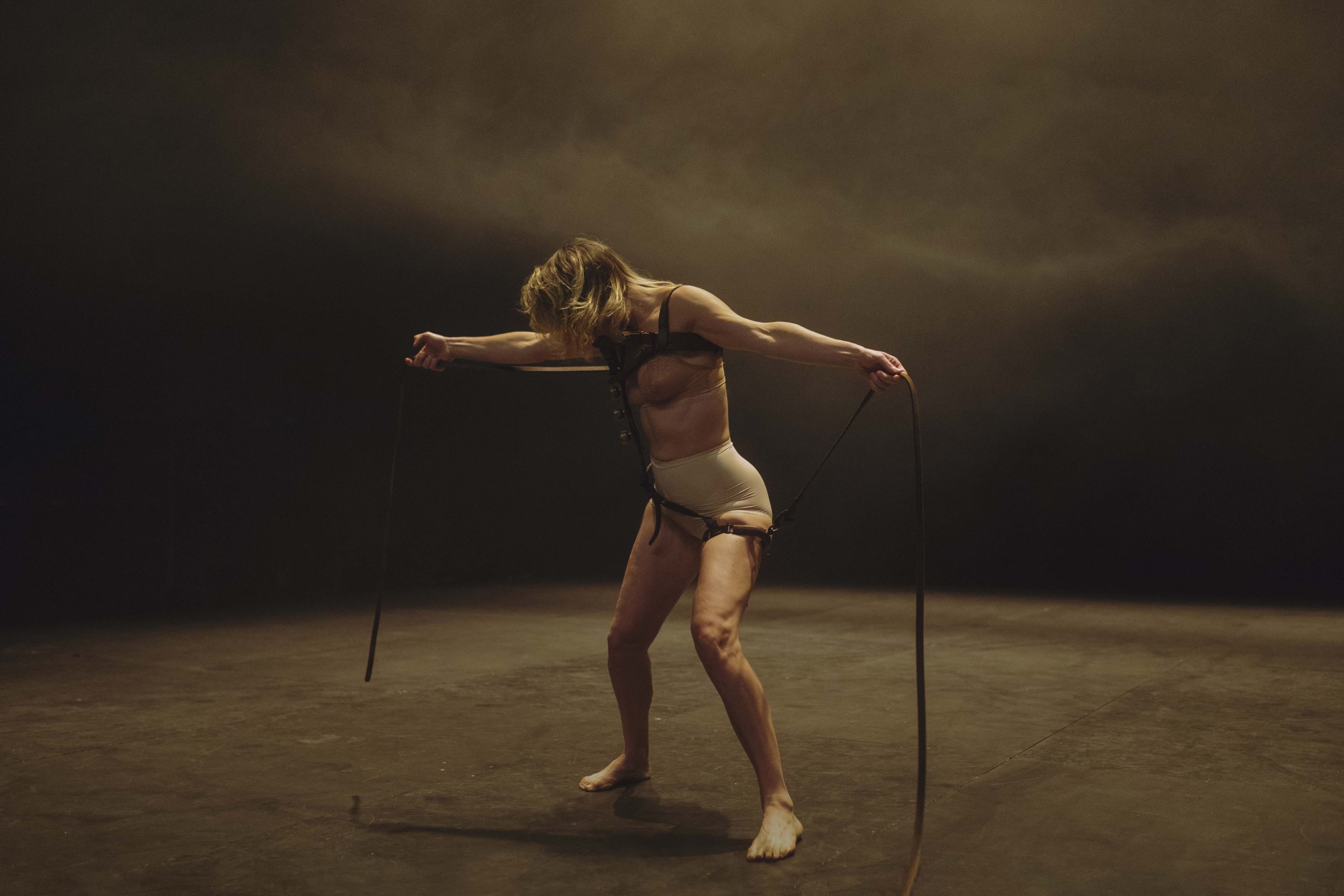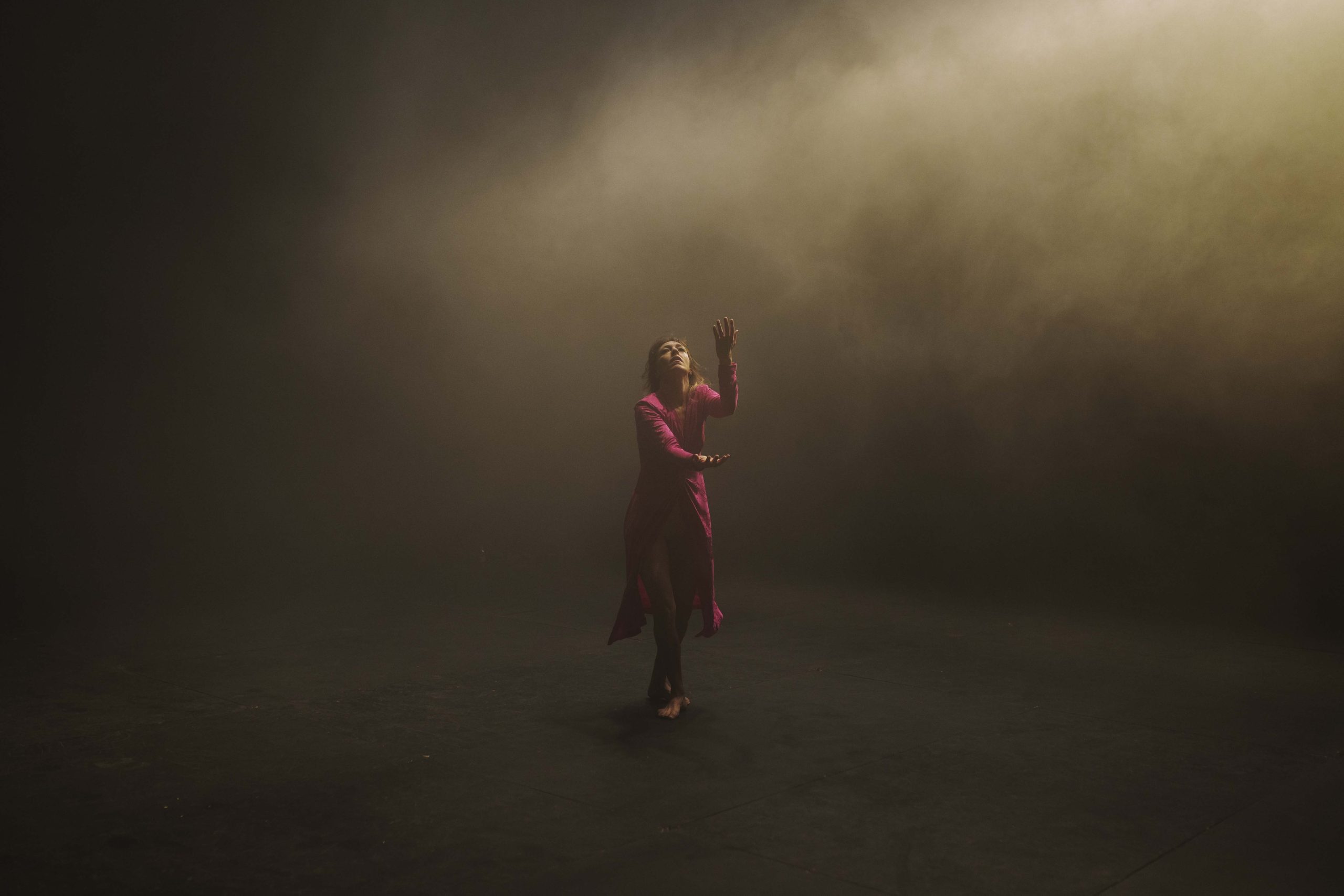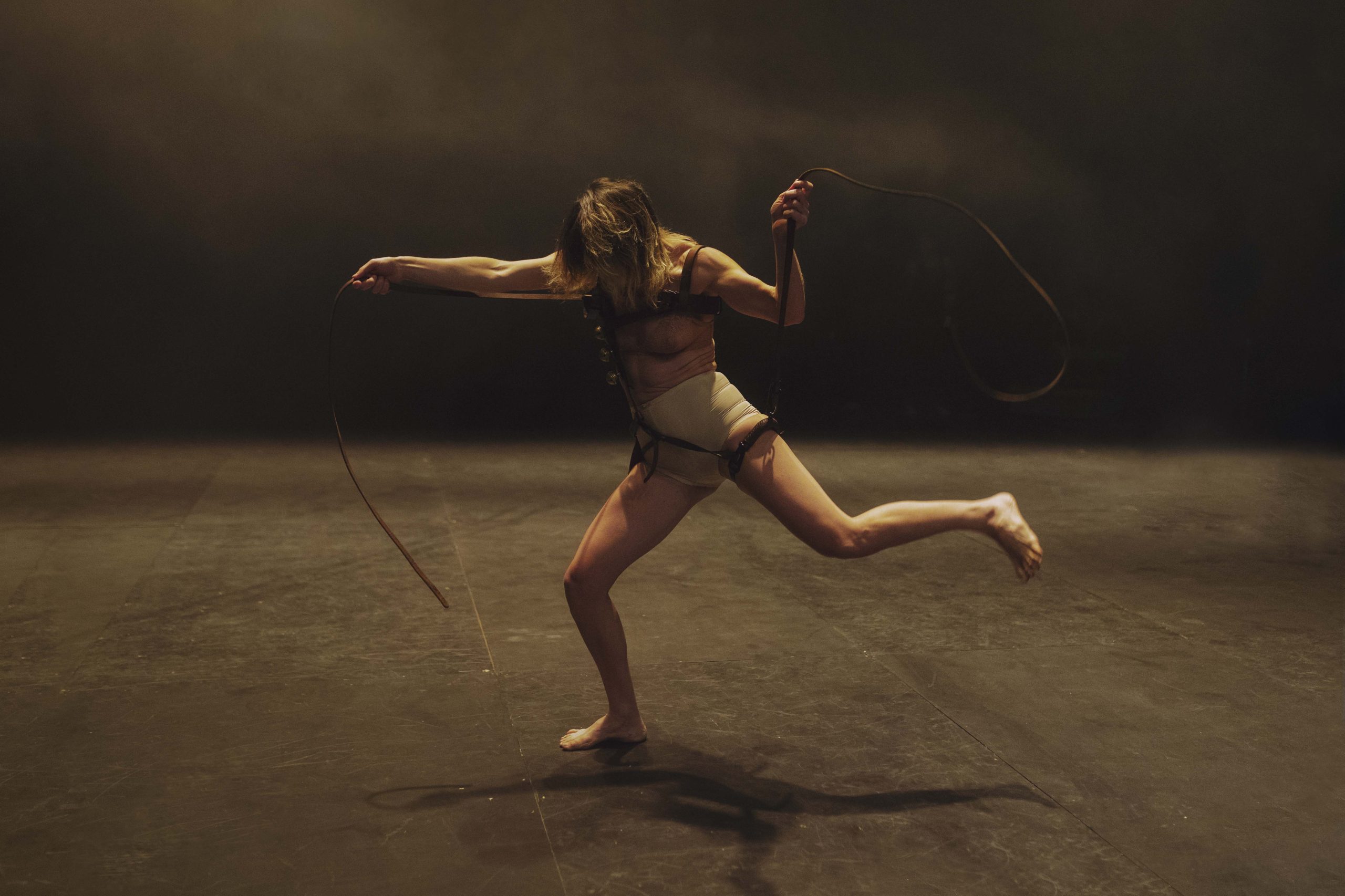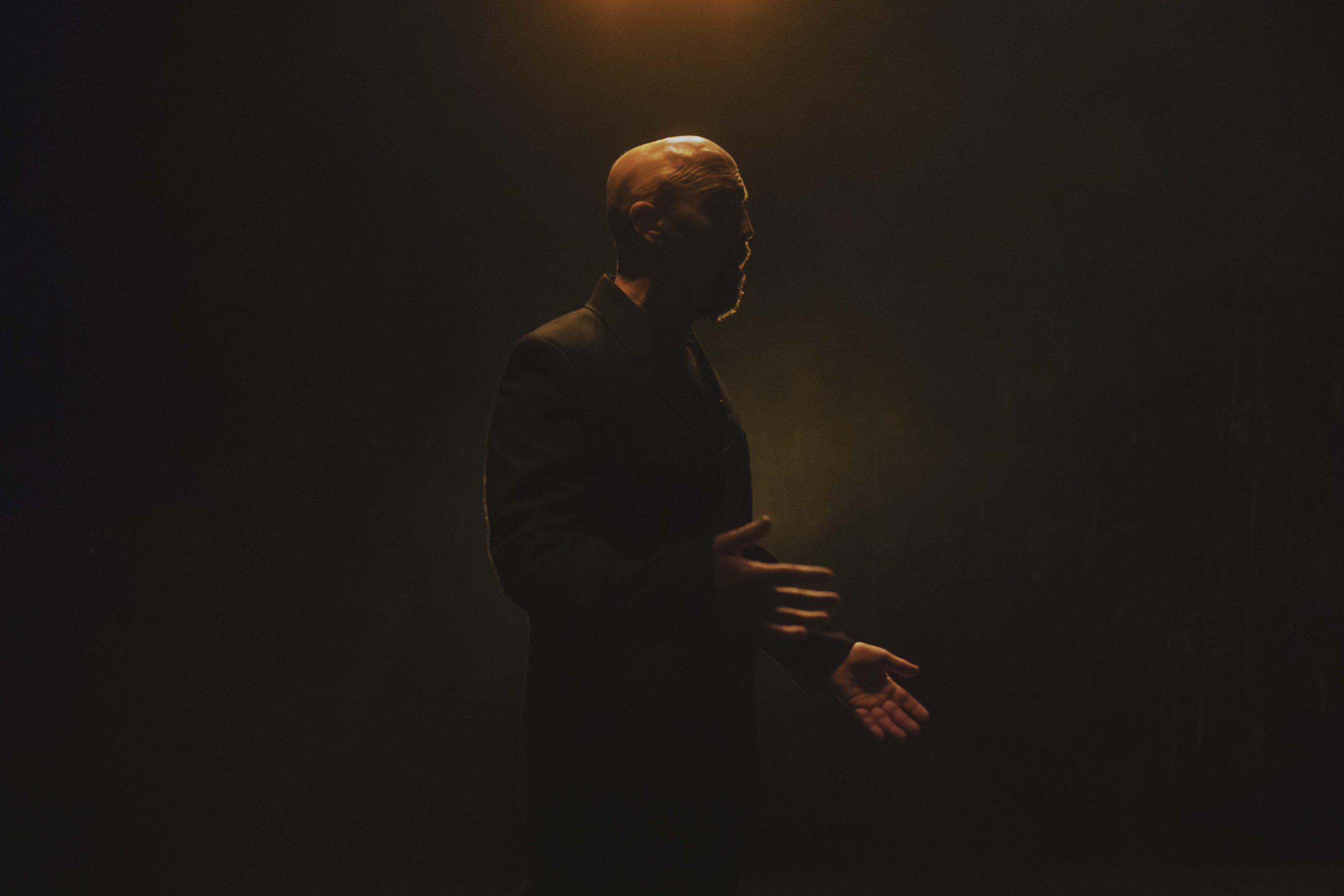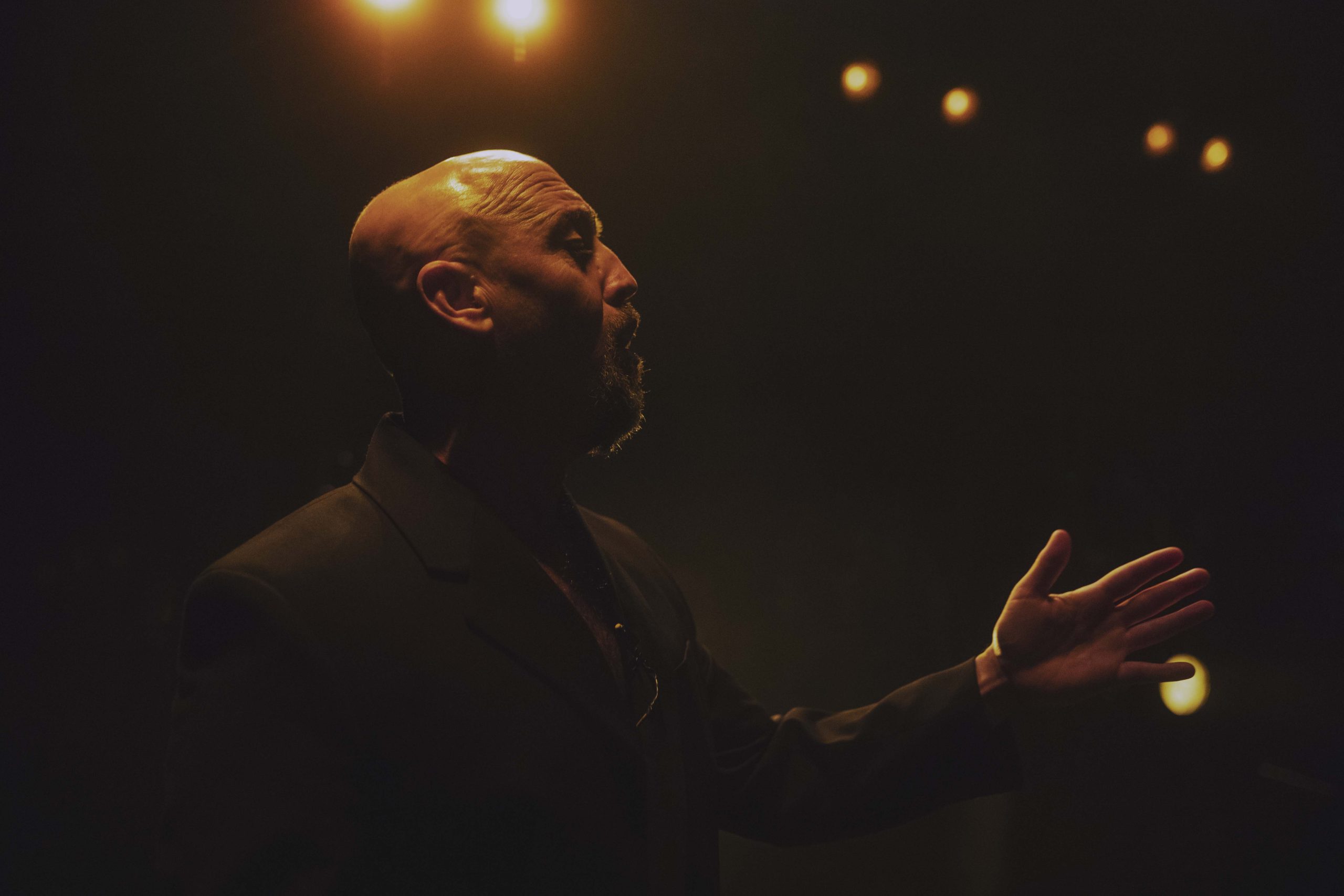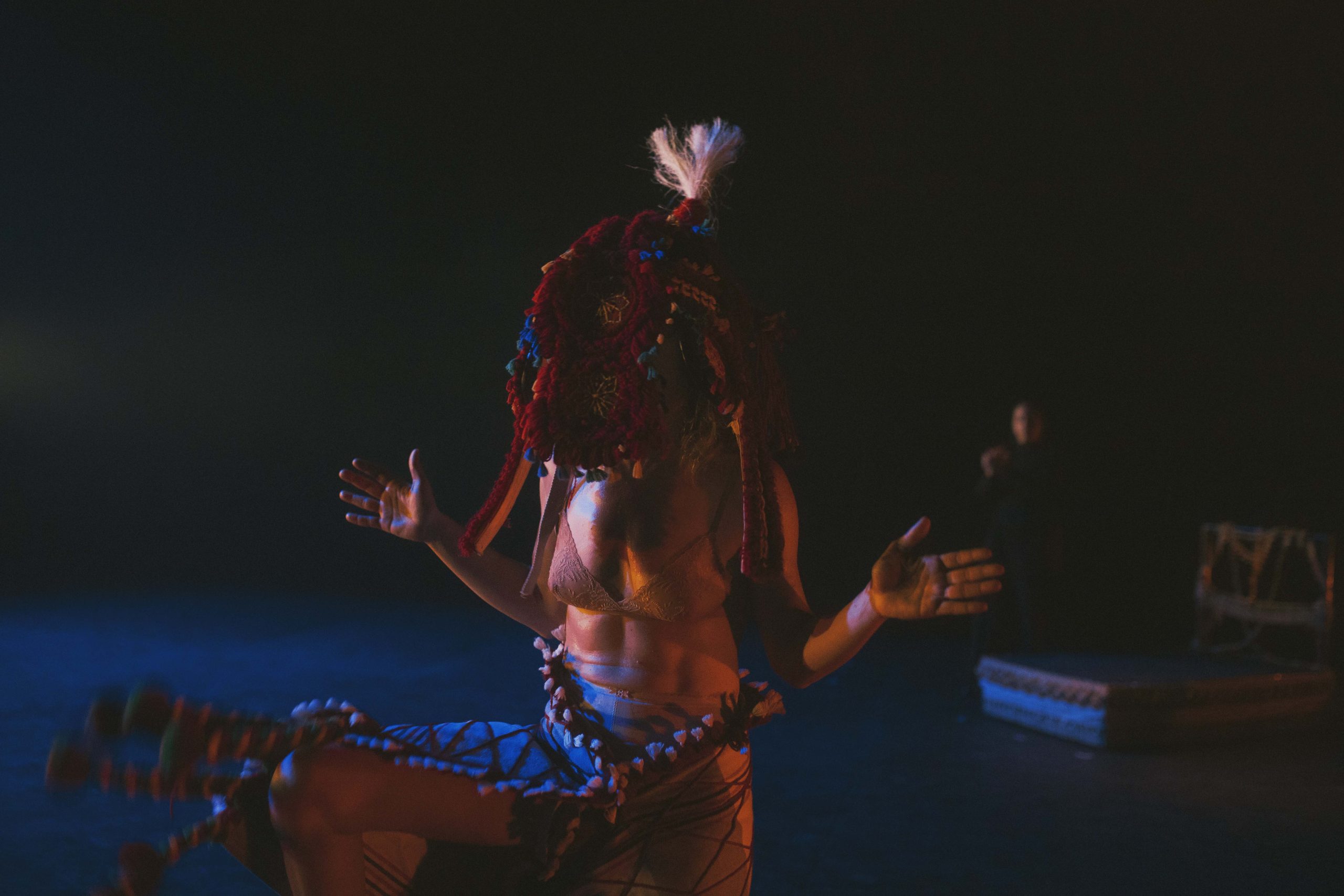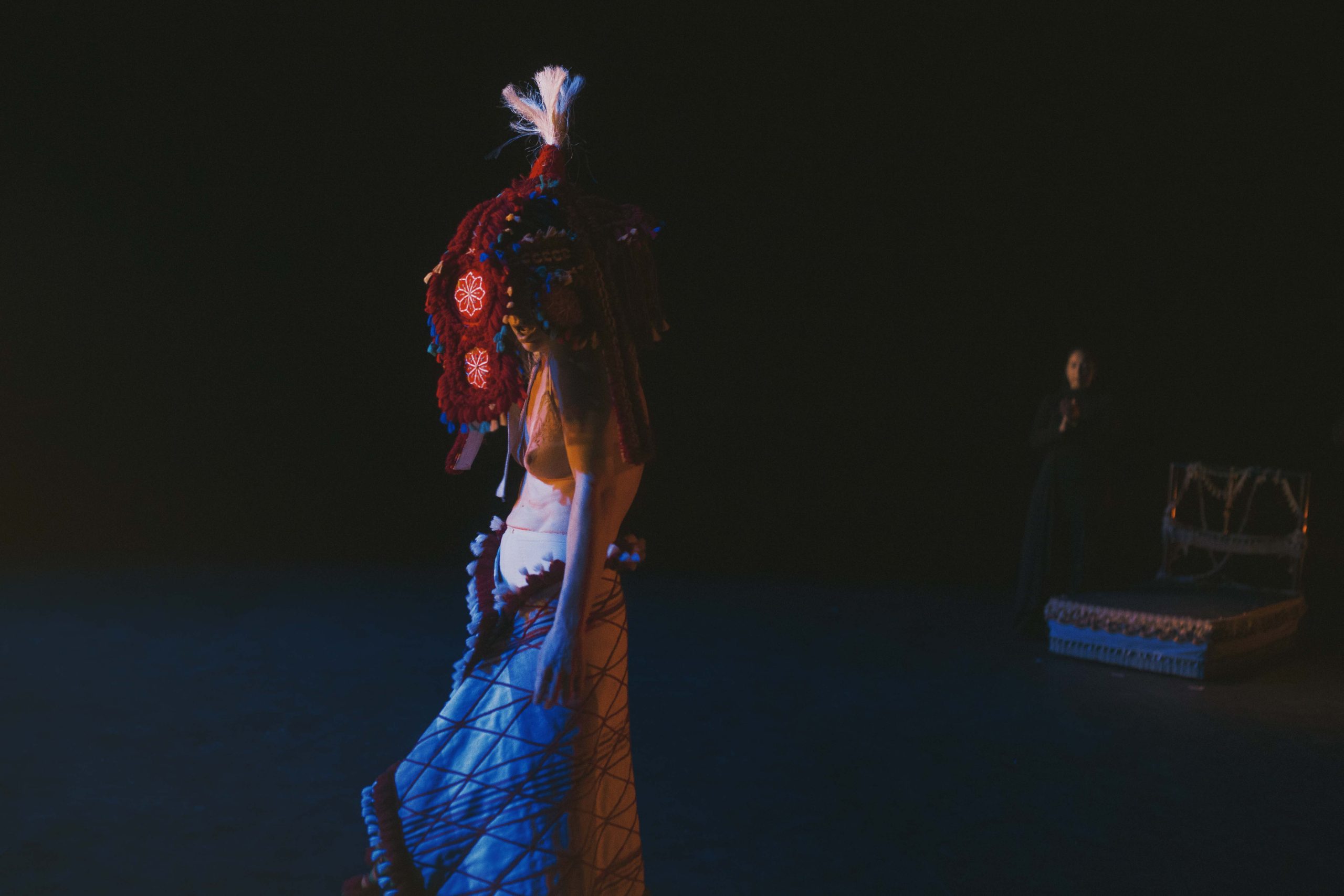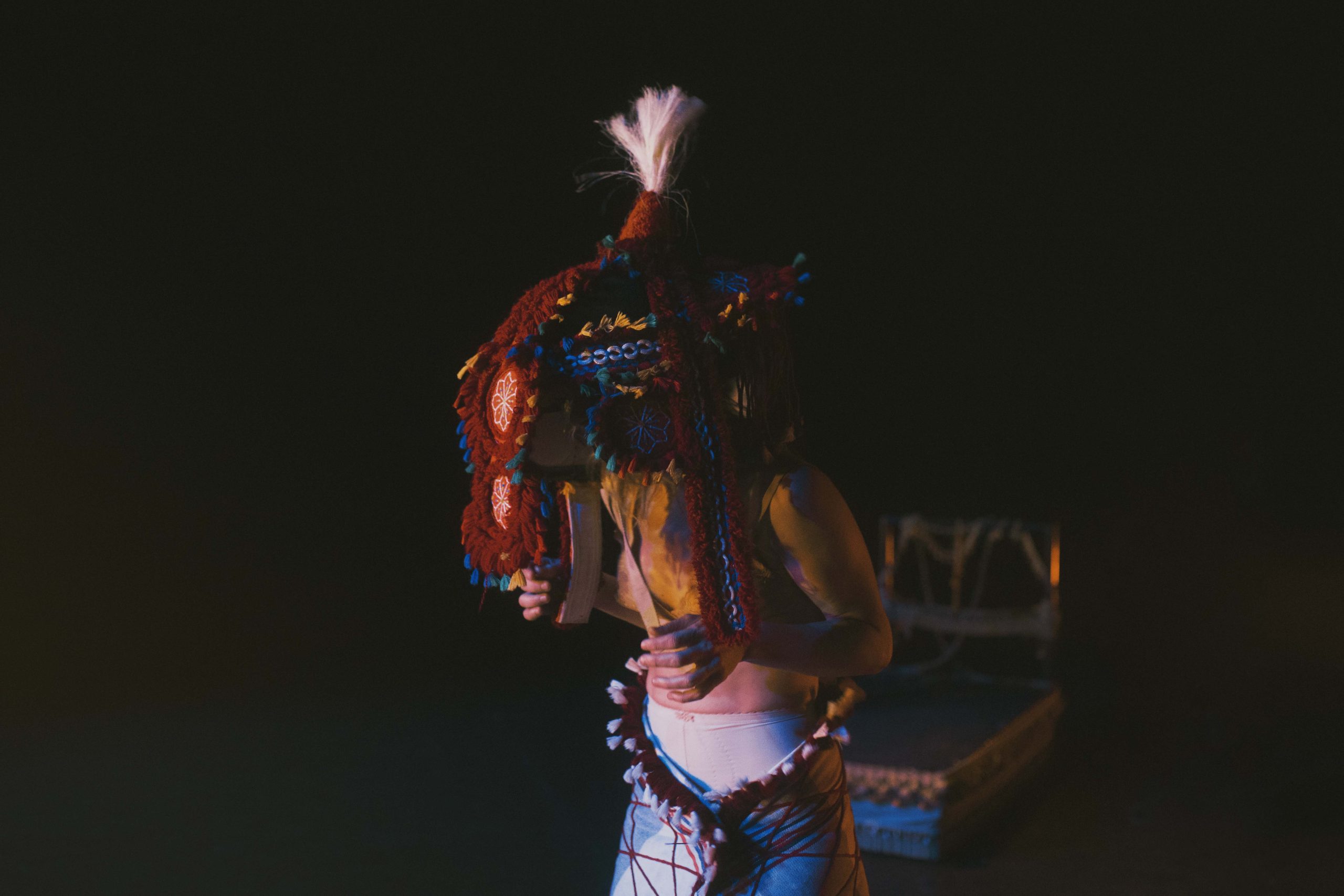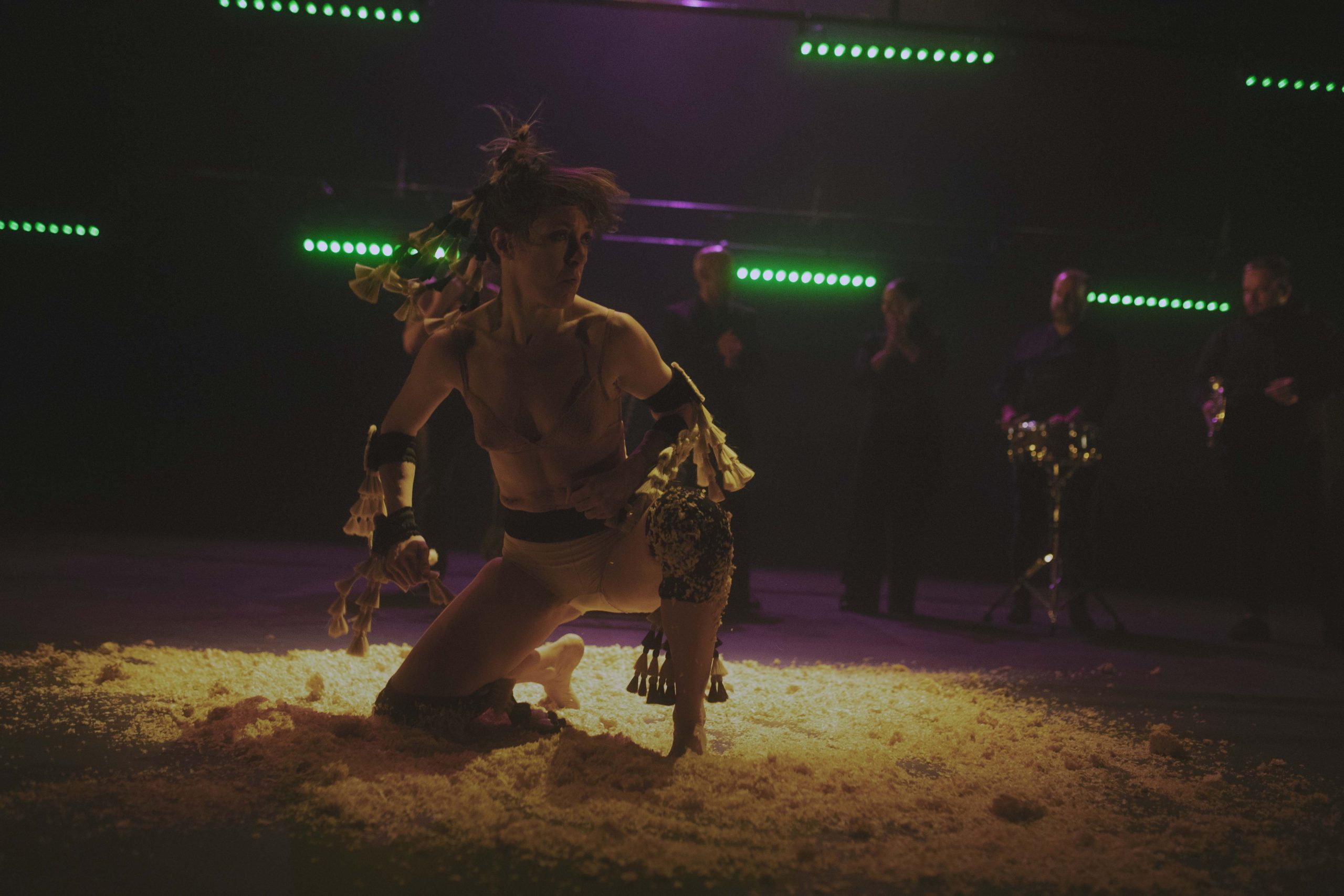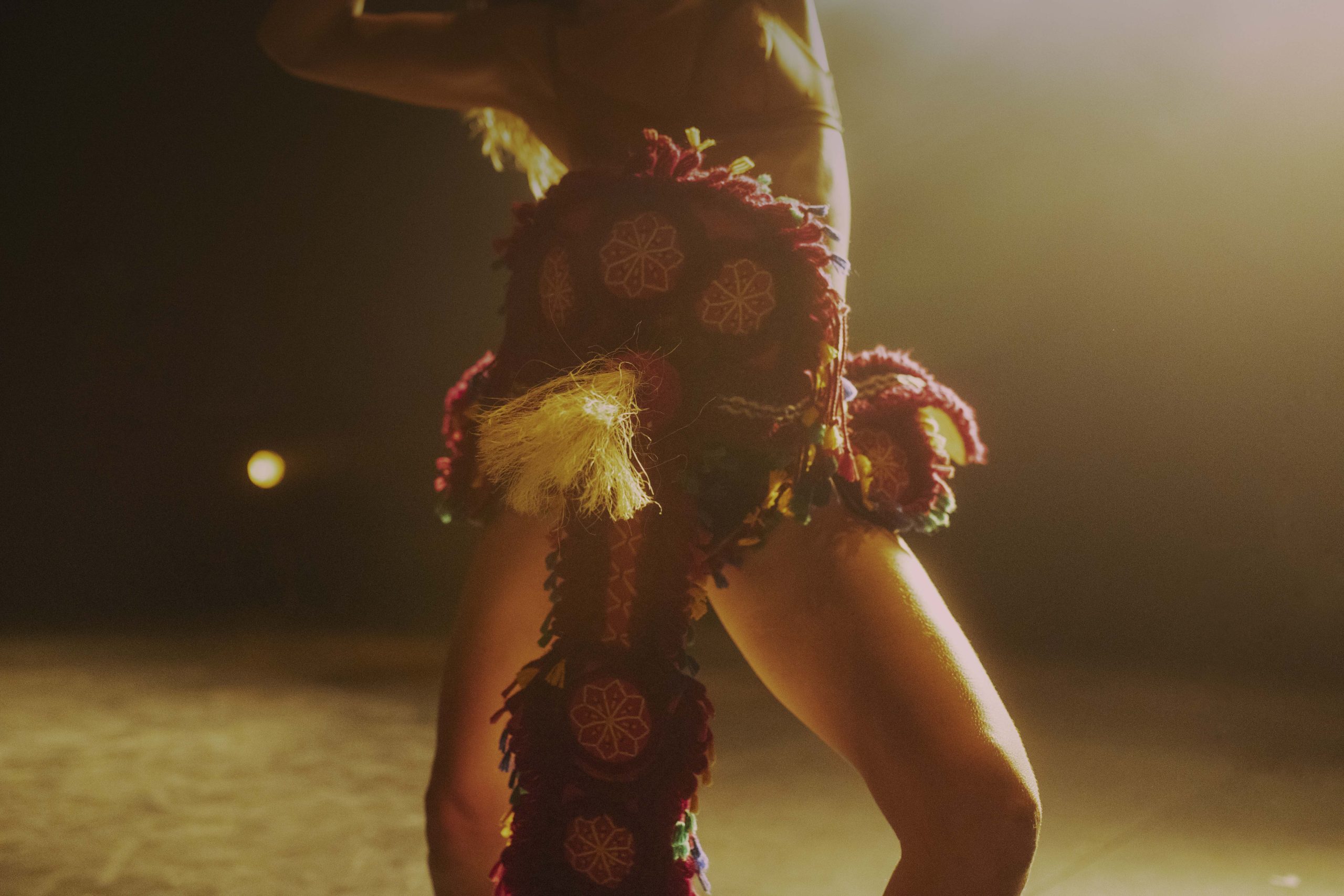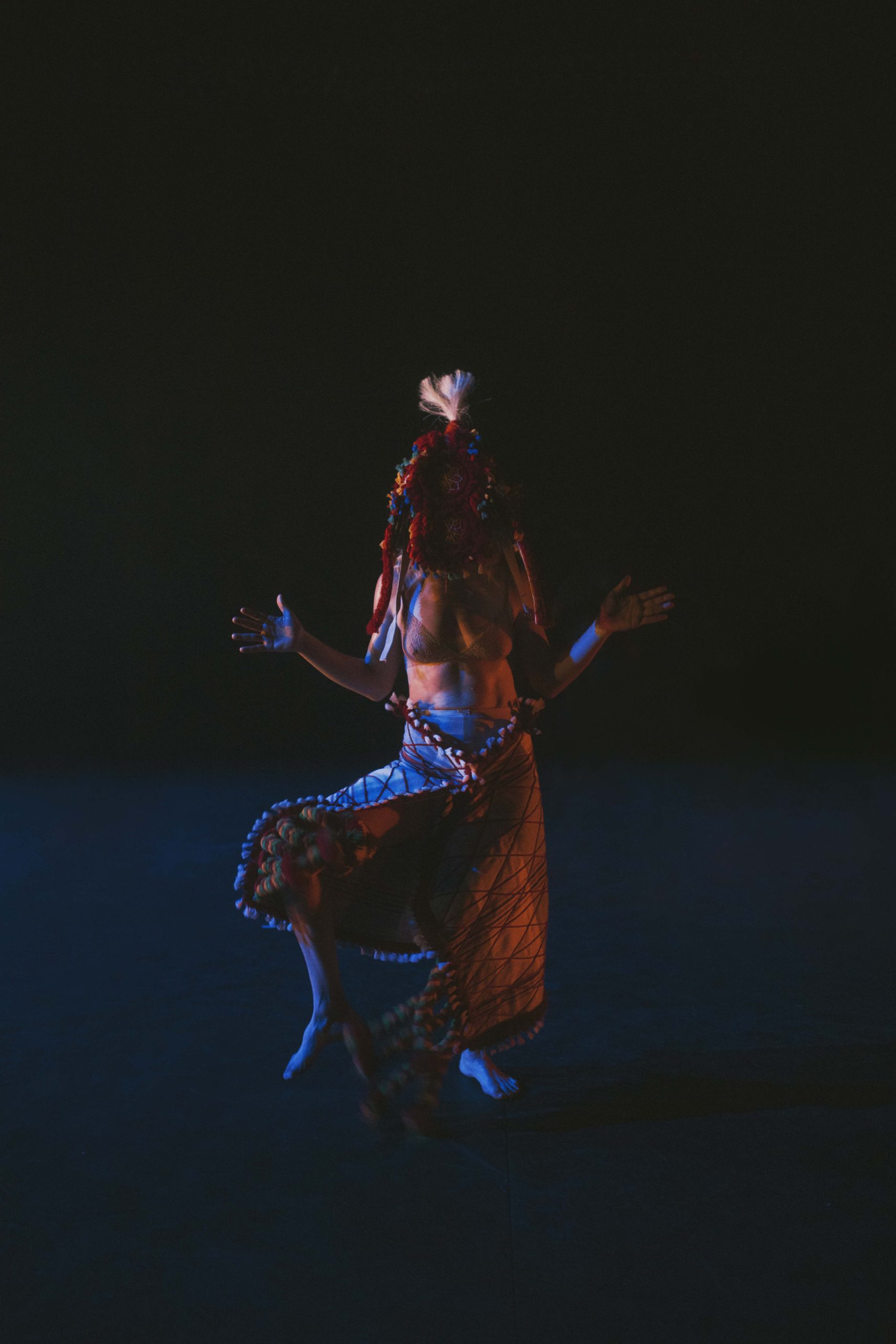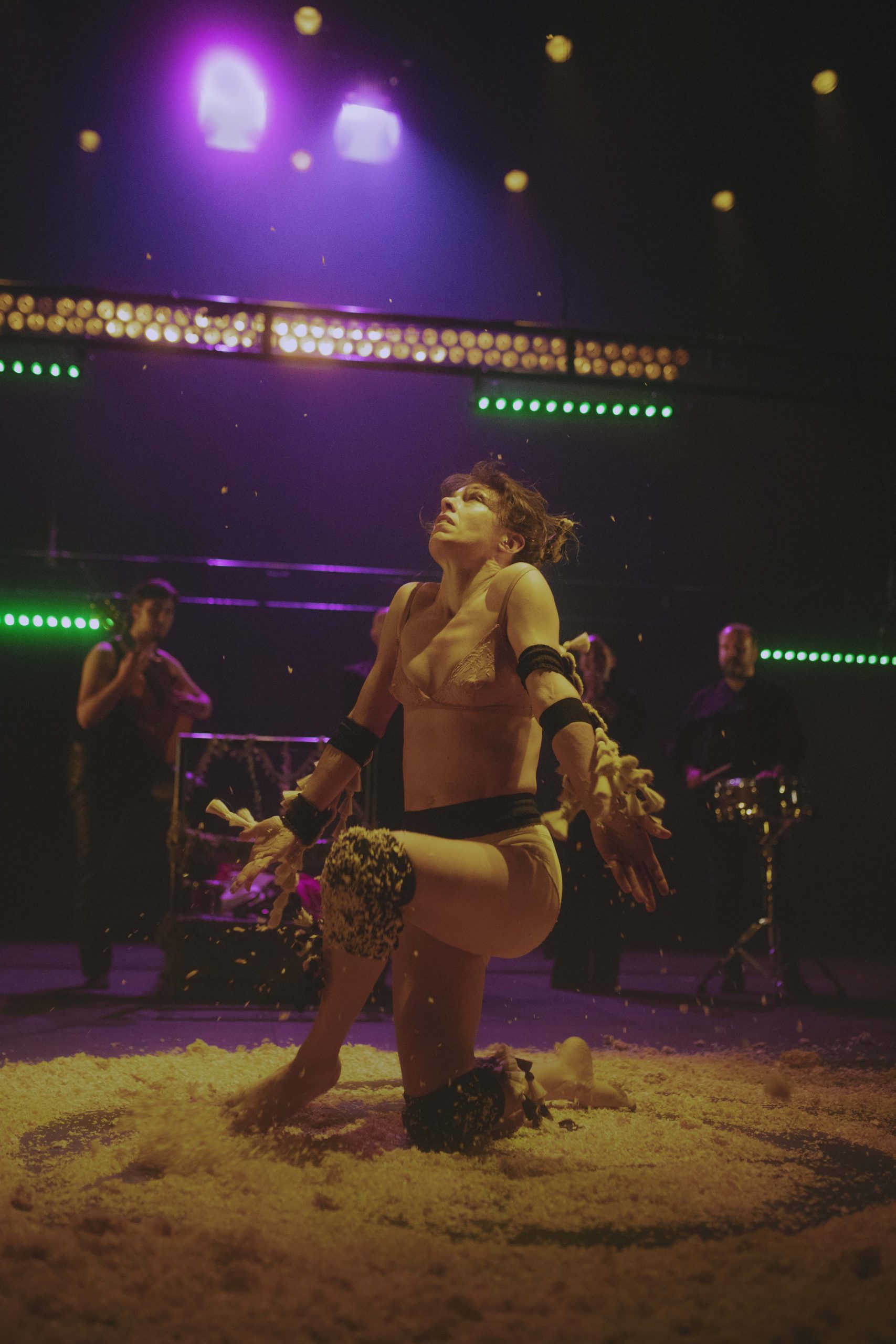The deep body has no formal objective, it has no objective.
The deep body has a coarse primitive and problematic imaginary.
The deep body is rooted:
its roots are mobile, there is nowhere it does not reach.
It is impure, hybrid,
it feels like its life is small and this only makes it grander.
The deep body is not Apollonian,
it gives rise to ritual and catharsis.
The deep body is theatre.
The deep body is carved like a primitive sculpture,
it has a secret faith in its own potency.
The possibility of death is its ultimate attribution,
it has fear,
which it suffers
but, first and foremost,
said fear is danced (away).
